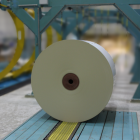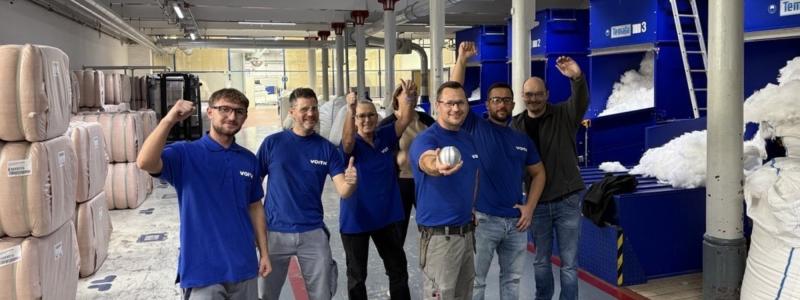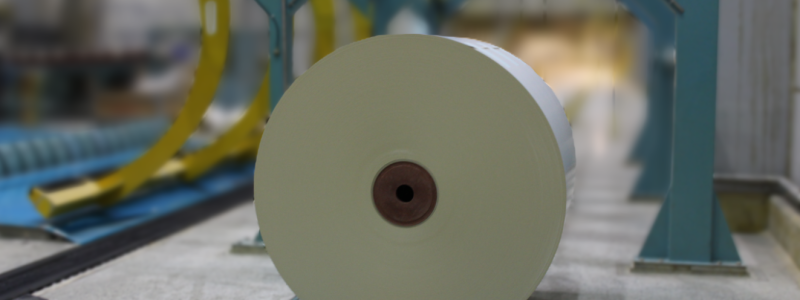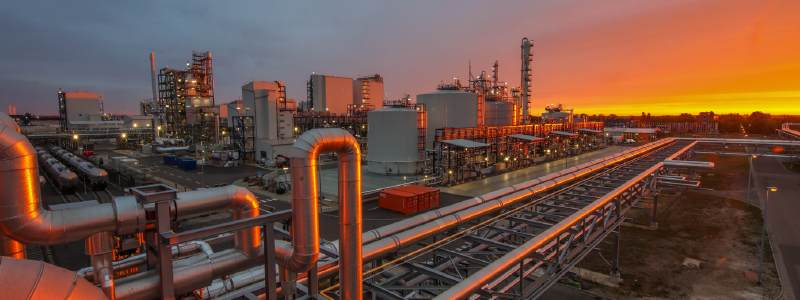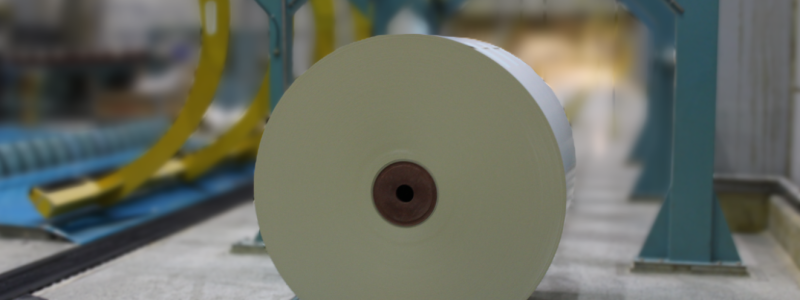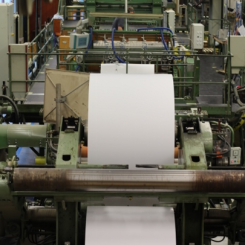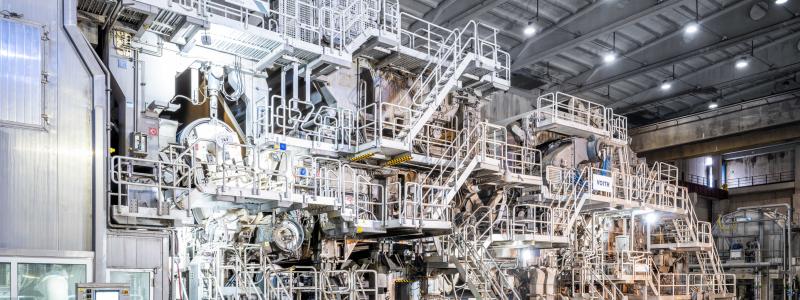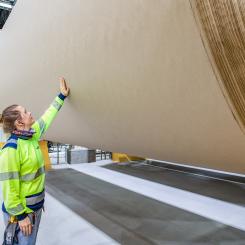Life Cycle Assessments (LCA) are often used to support environmental arguments. But there are dangers, warns a new report from the non-profit organization Two Sides.
Many leading companies, including banks, utilities and telecommunications providers, are urging their customers to go paperless with claims that electronic communications save trees, are "greener", or otherwise protect the environment. Because these claims lack specificity and rarely cite substantiating data while implying an environmental benefit, they fail to meet the basic tests for acceptable environmental marketing as outlined in most published laws, guidelines and standards.
Both electronic and paper communications have consequences. The impact of each is broad and complex, and cannot be well understood without careful examination of a specific use senvironmentalcenario. A responsible approach to understanding the environmental impact of each of these mediums would reflect these specifics while also seeking to reduce the footprint of both.
When questioned, many of the companies that utilize these claims cite generic life-cycle assessment (LCA) studies or calculators that rely on industry-wide data to draw broad conclusions about the environmental impacts of paper. By design, a generic or streamlined LCA does not account for potential variations in the lifecycle of paper and ICT (information and communication technologies) or user behavior. Because of this streamlined approach, they are generally more affordable and can be completed more quickly than a full LCA. For this reason, streamlined LCAs and calculators are often made publicly available.
According to the ISO 14040 and 14044 standards, full LCAs should be peer-reviewed by a multi-disciplinary team of subject-matter experts and include detailed sensitivity analyses. These are steps that generic LCA calculators do not take. Given the importance of specifics and the scope of variation, it is clear that generic calculators represent only the beginning of a process.
Simplistic calculators or generic LCA's may lead to the wrong conclusions due to the wide range of variability in assumptions built-in to the studies and available data, from industry averages to company-specific and mill-specific data. When discussing the environmental footprint of invoices and statements, whether in paper or digital form, the LCA methodology requires careful thinking and expert input on specific supply chains to ensure substantiated results.


